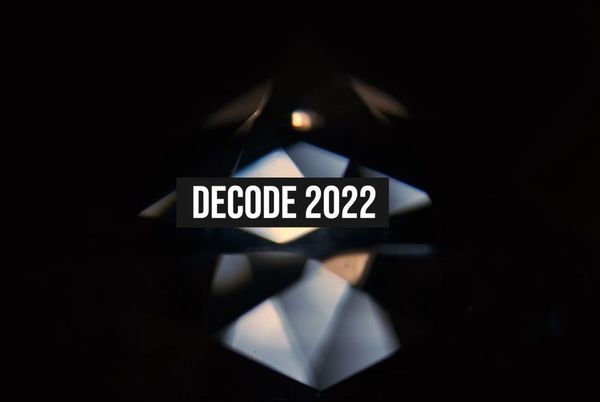To open a restaurant, a café or a bakery, you don’t actually need anything earth-shattering. However, for this to be a place where you feel like a regular after ten minutes and where you return even more than once a day, you need something completely different. Openness, humility, perfectionism—it is not a cliché or empty words, but the secrets of success. And that’s exactly what the recently opened LUI represents.
I’ll admit, I’ve never been to Aulich Street much before in Budapest. However, when Csenge Dusha, one of the most talented Hungarian confectioners, in my opinion, sent me a photo of a lamington that she took, and when Attila Menyhárt, the pastry chef I wrote about here, suggested that I come here, I immediately became interested in what was happening in the neighborhood of the Parliament. It is a fact that there are many talents appearing and disappearing in the Budapest gastronomy scene, so it is always exciting to get to know the new characters. I didn’t find much on the Internet, but some familiar pastries smiled back at me in the photos. “Alma,” I thought, meaning Alma Nomad Bakery, Timi Árgyelán and Joaqin Escriva’s small bakery in Madrid today, and years ago in the Szalámibolt on Kamermayer Square, in the neighborhood of Mihály Vitkovics.
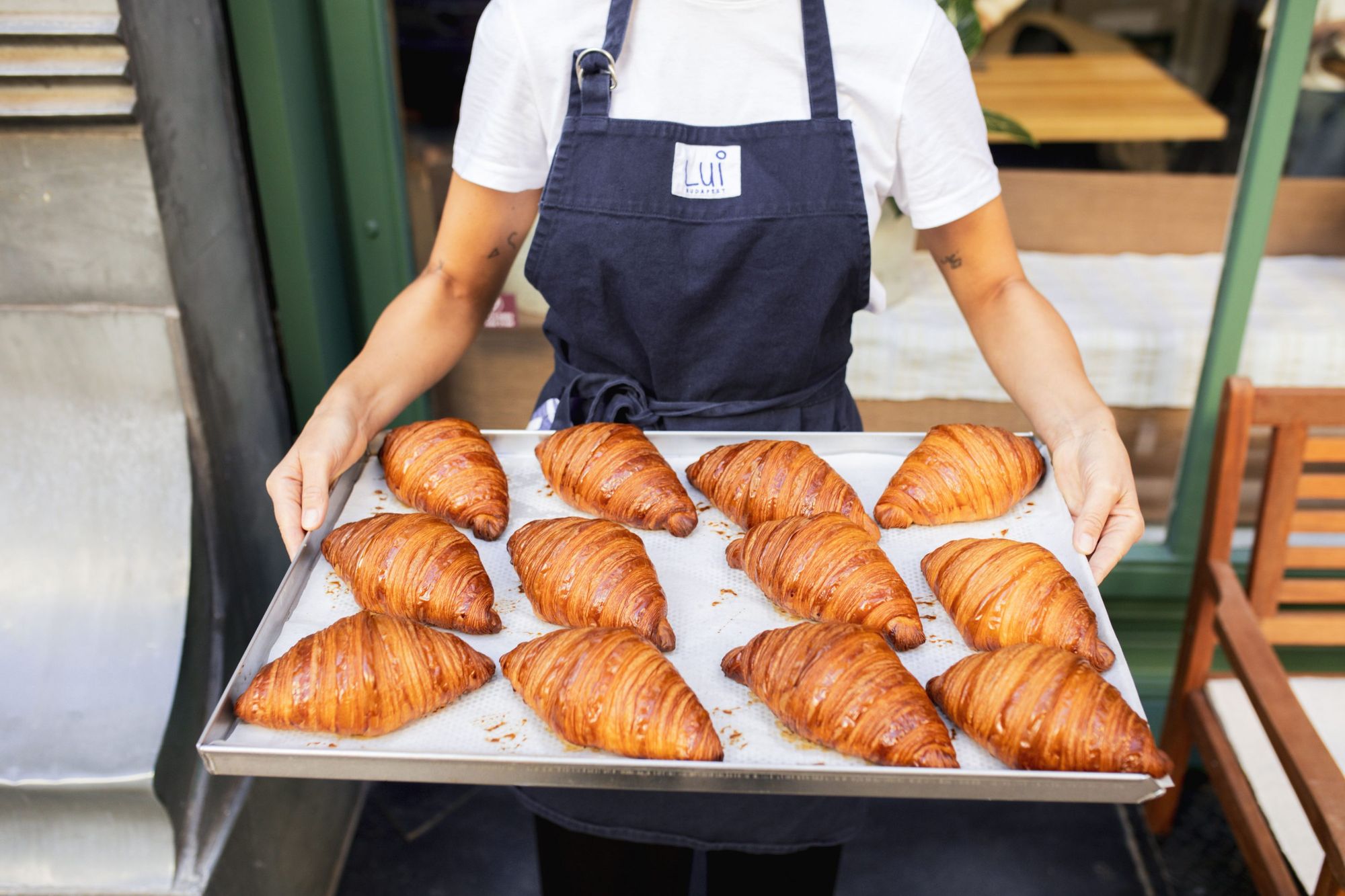
At the same time, it also seemed at the first moment that this was not a new chapter in their story, more precisely, not only that. As soon as I arrived for the appointment, I was greeted by a pleasant bustle, and in the kitchen, two people were hustling around the pain au chocolats and sourdough breads. I didn’t want to disturb the daily work, the puff pastry and the sourdough are delicate, they’ll be perfect if everything goes according to schedule. I stopped at the kitchen door, but for long minutes I watched the movements bewitched, I could not or did not want to interrupt. The mentioned Timi and Angi, that is Angéla Mohos, worked with concerted, almost dance-like steps, focused, yet cheerful, excluding the outside world.
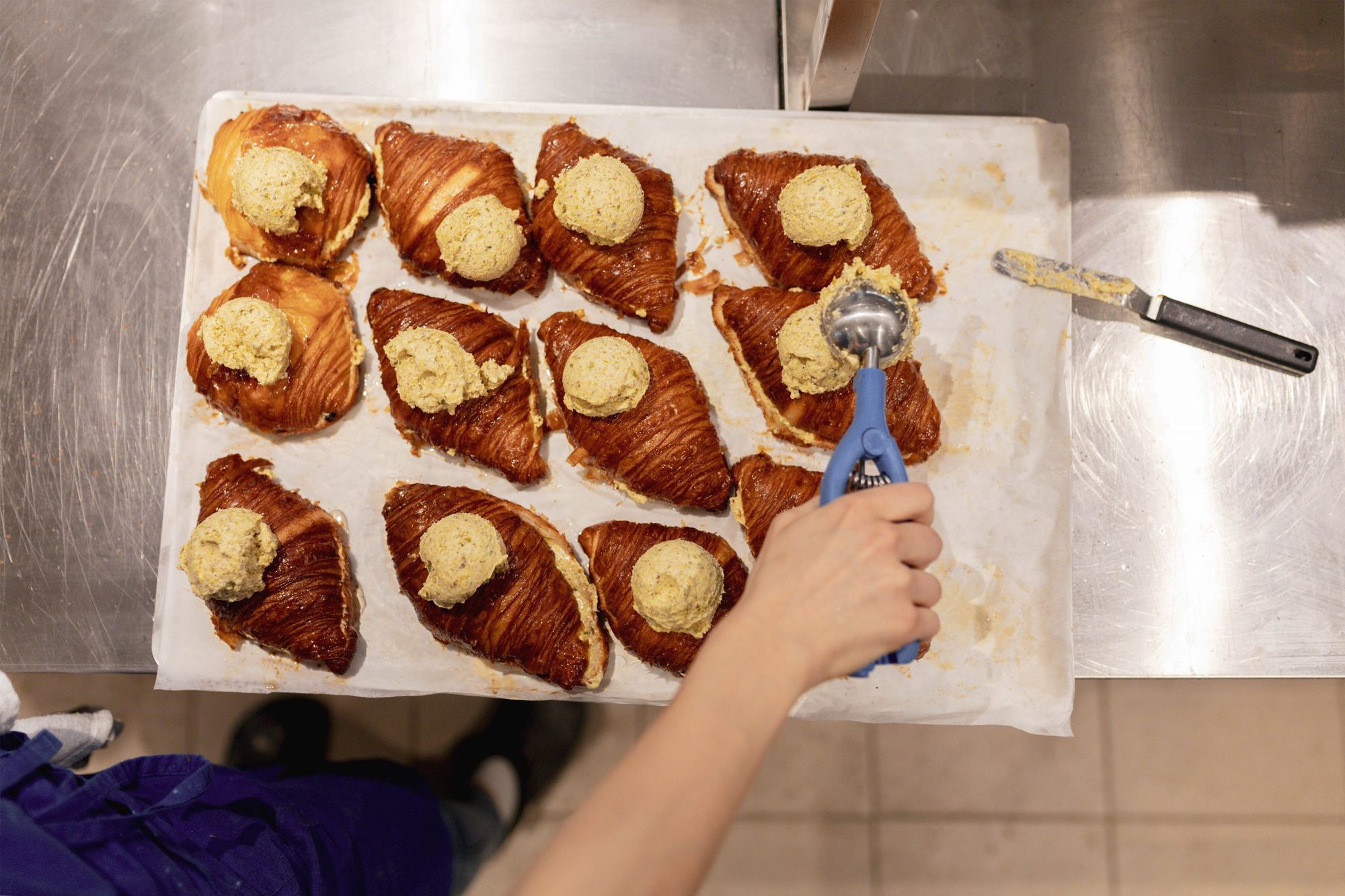
That’s when Orsi Bakos, one of the three honorary “sisters” arrived, who, after serving a few customers, began to tell stories. She used to manage the Tiszavirág Restaurant in Szeged, but her love of gastronomy goes back a long way—her grandmother was a real kitchen fairy and she spent a lot of time next to her. Growing up, she chose the not exactly easy world of catering, but a few years ago she caught up with the desire for change and a new beginning. With her childhood friend, they began to think about what they could create together. She owned the Mák Bistro for a very long time, and then 2 years ago she opened a new chapter in her life and learned the pastry business, which was always dear to her heart.
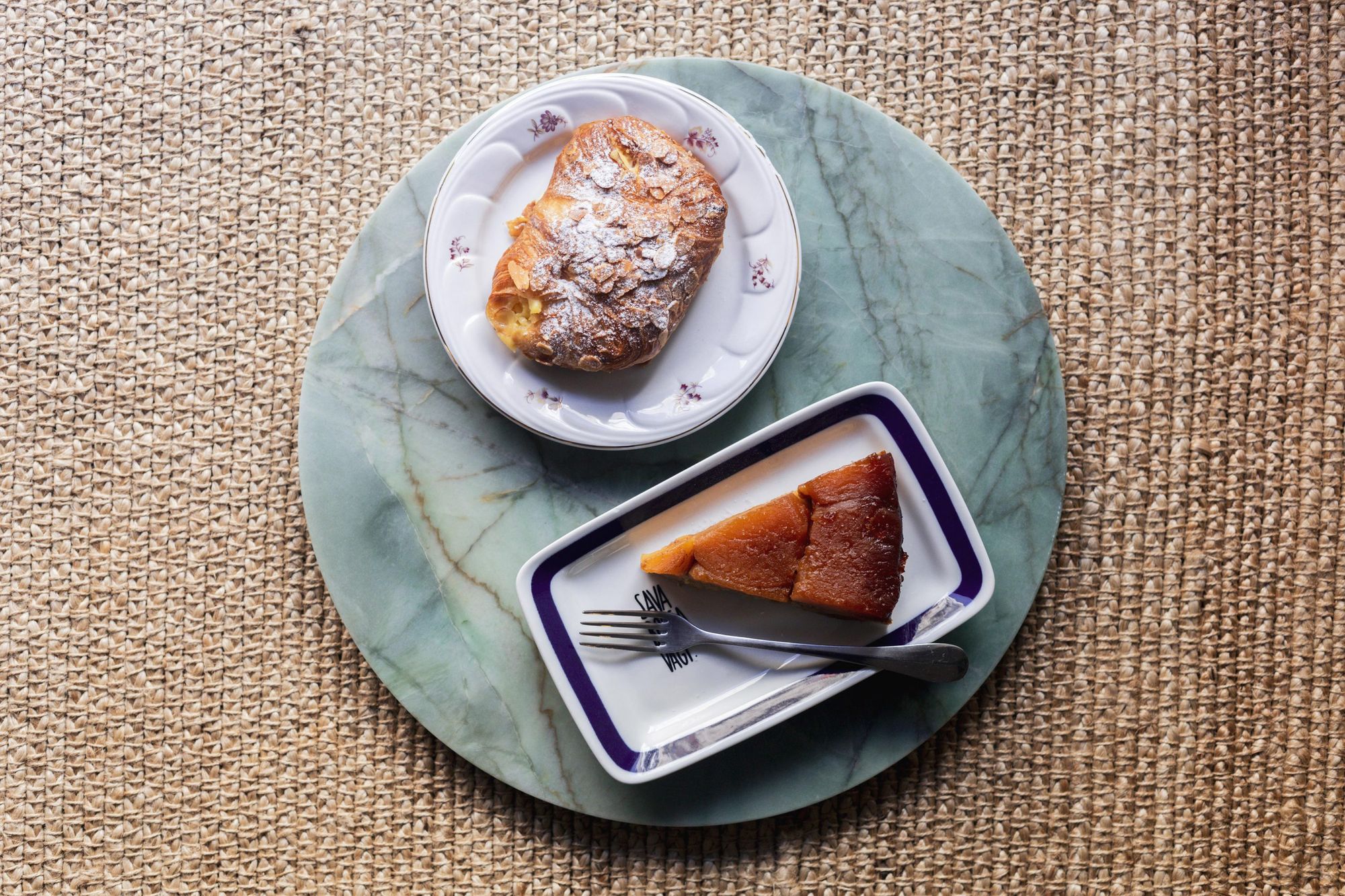
The two often vacationed together and went to the Alma Nomad Bakery on a joint “getaway” in Madrid—which was an unexpected and noisy success in Hungary, and then continued with the move of Timi, Joaqin and their child to Spain. Along with a bottle of wine, there was already a plan: they wanted a place where it is good to hang out, where food, drinks were delicious, and what makes you stay there. Returning to Budapest, they visited the city, looking for its most inviting part, while they stumbled upon an empty shop on Aulich Street. In April, they had it and started the renovation. Apart from culinary technology, they dreamed up everything, with the help of themselves and their friends’ handiwork.
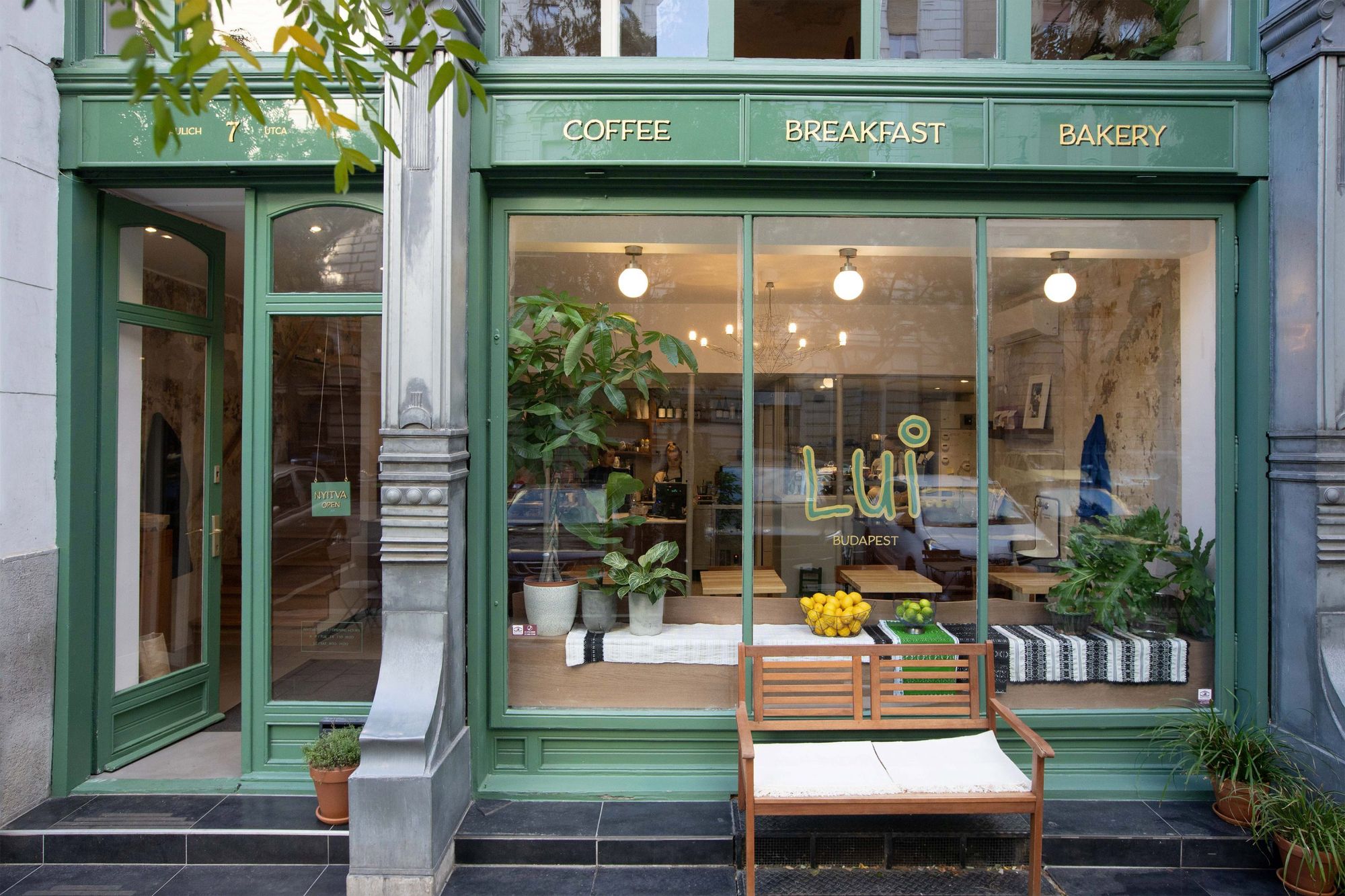
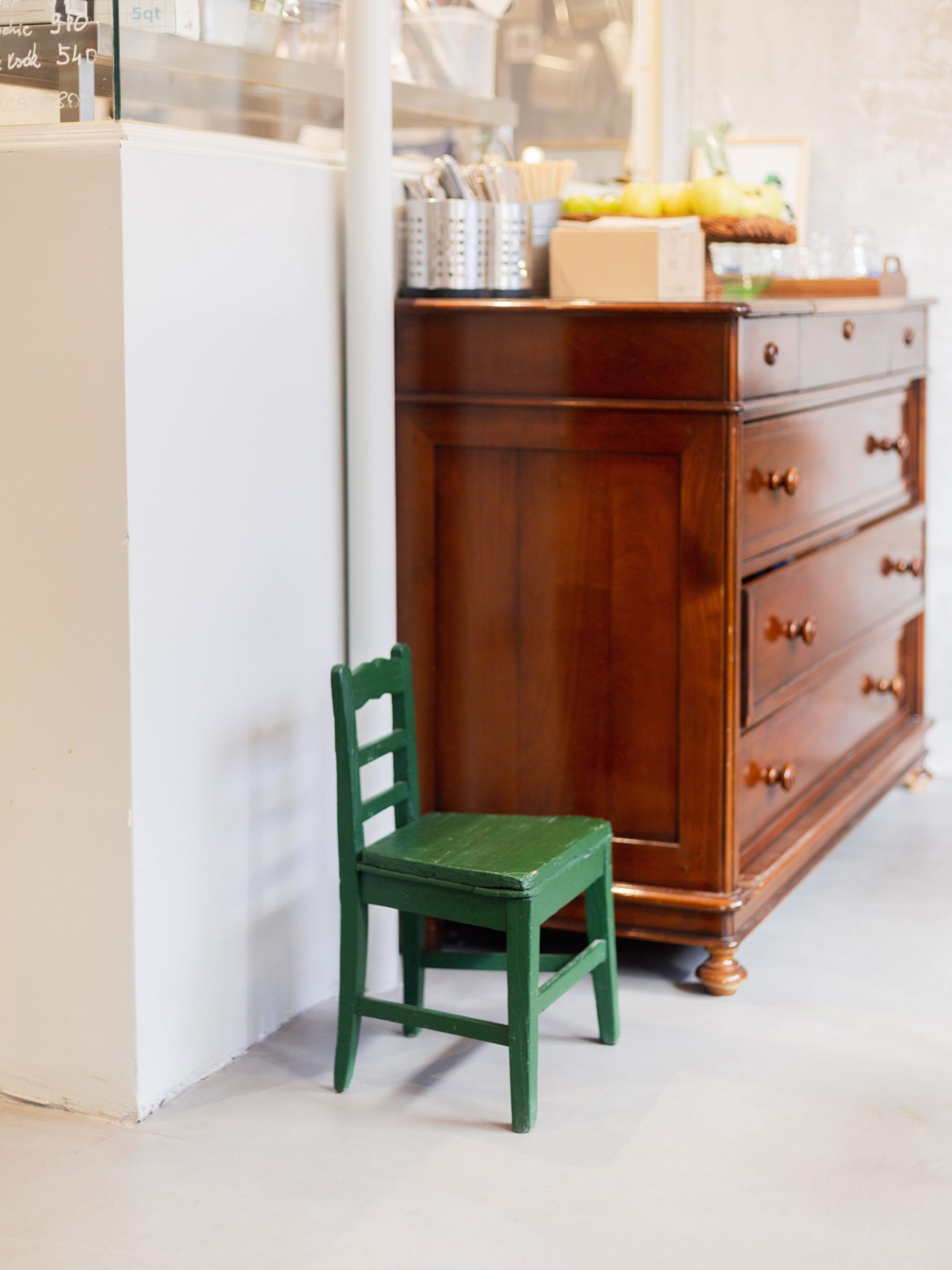
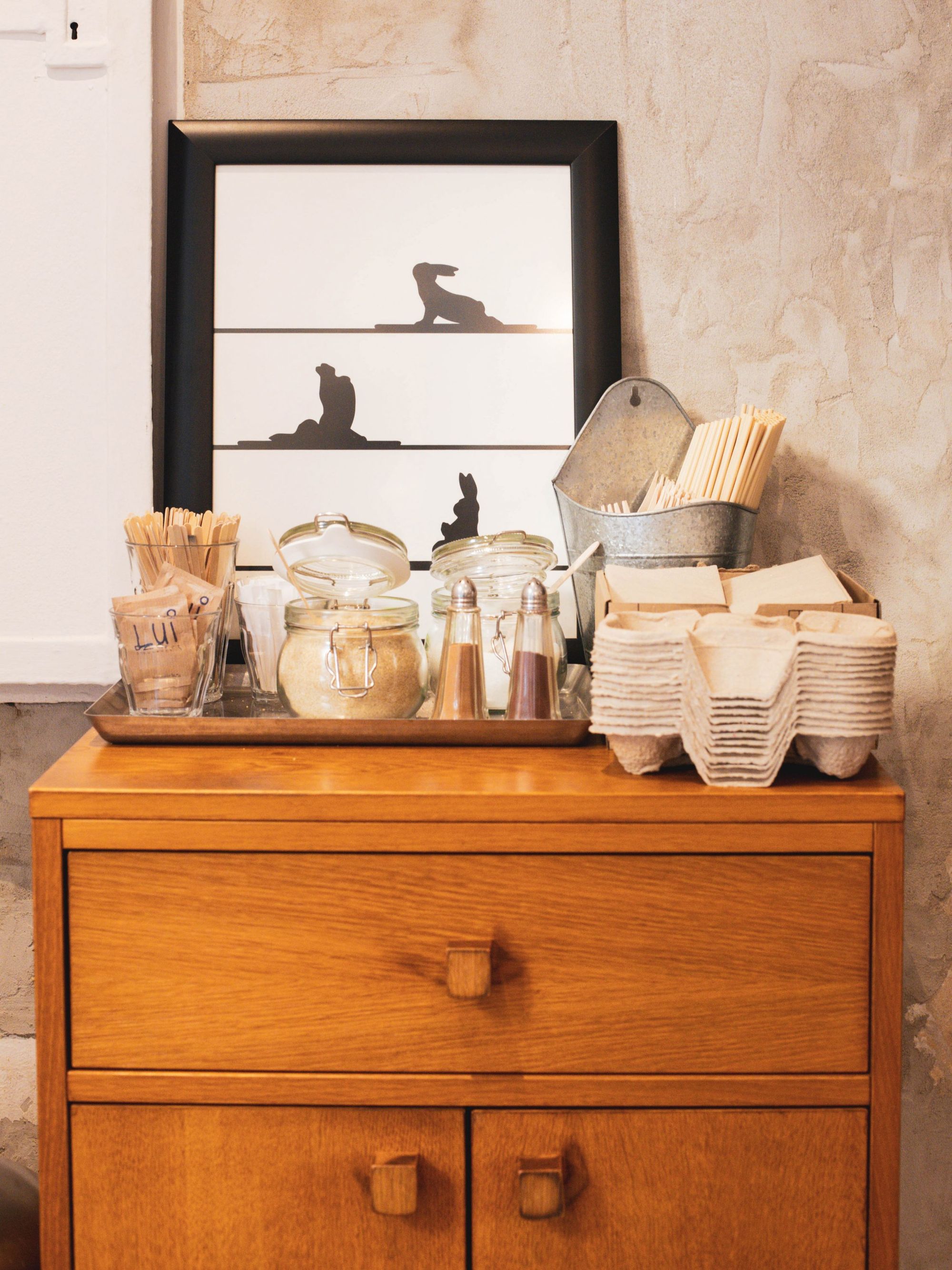
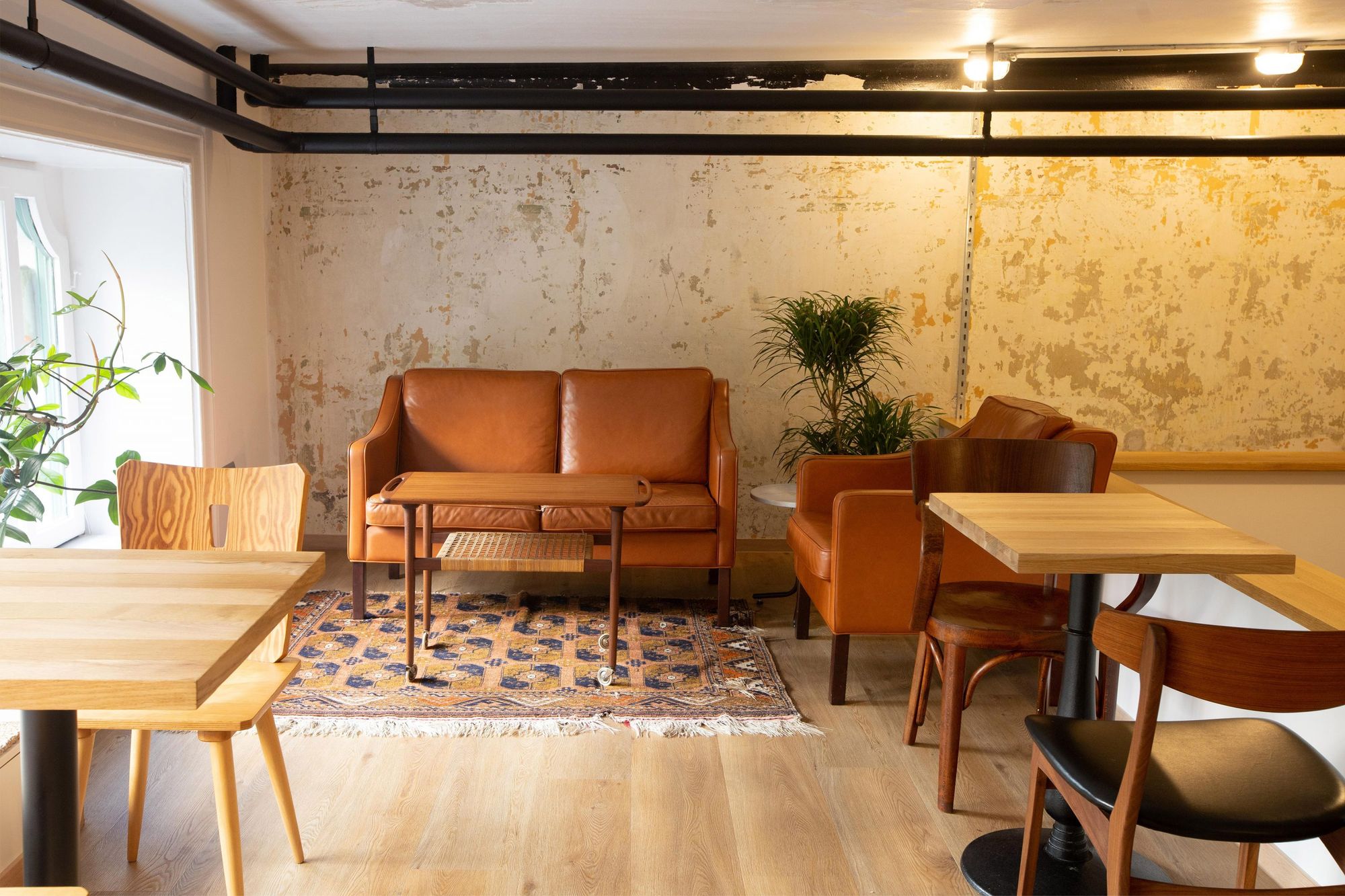
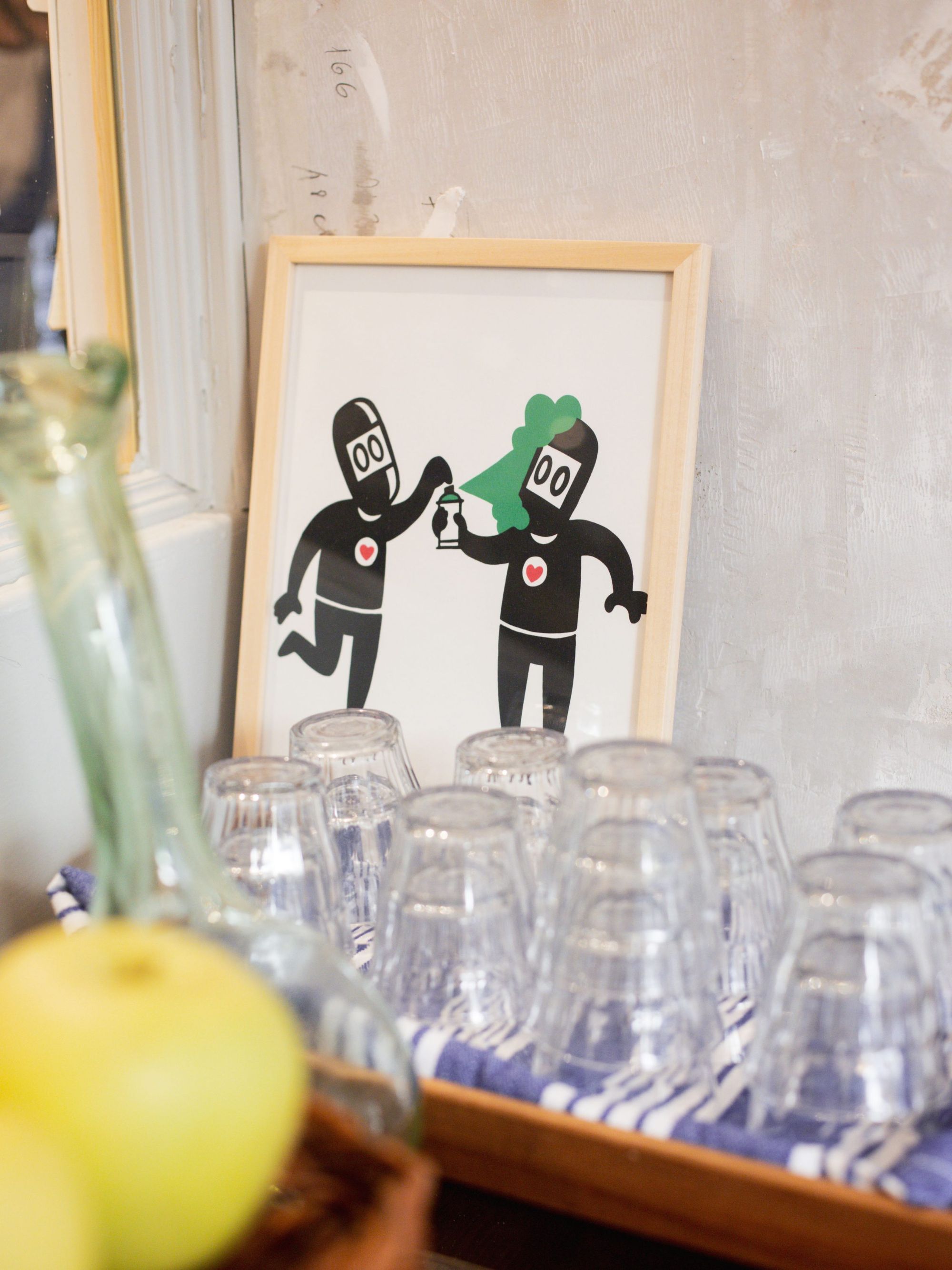
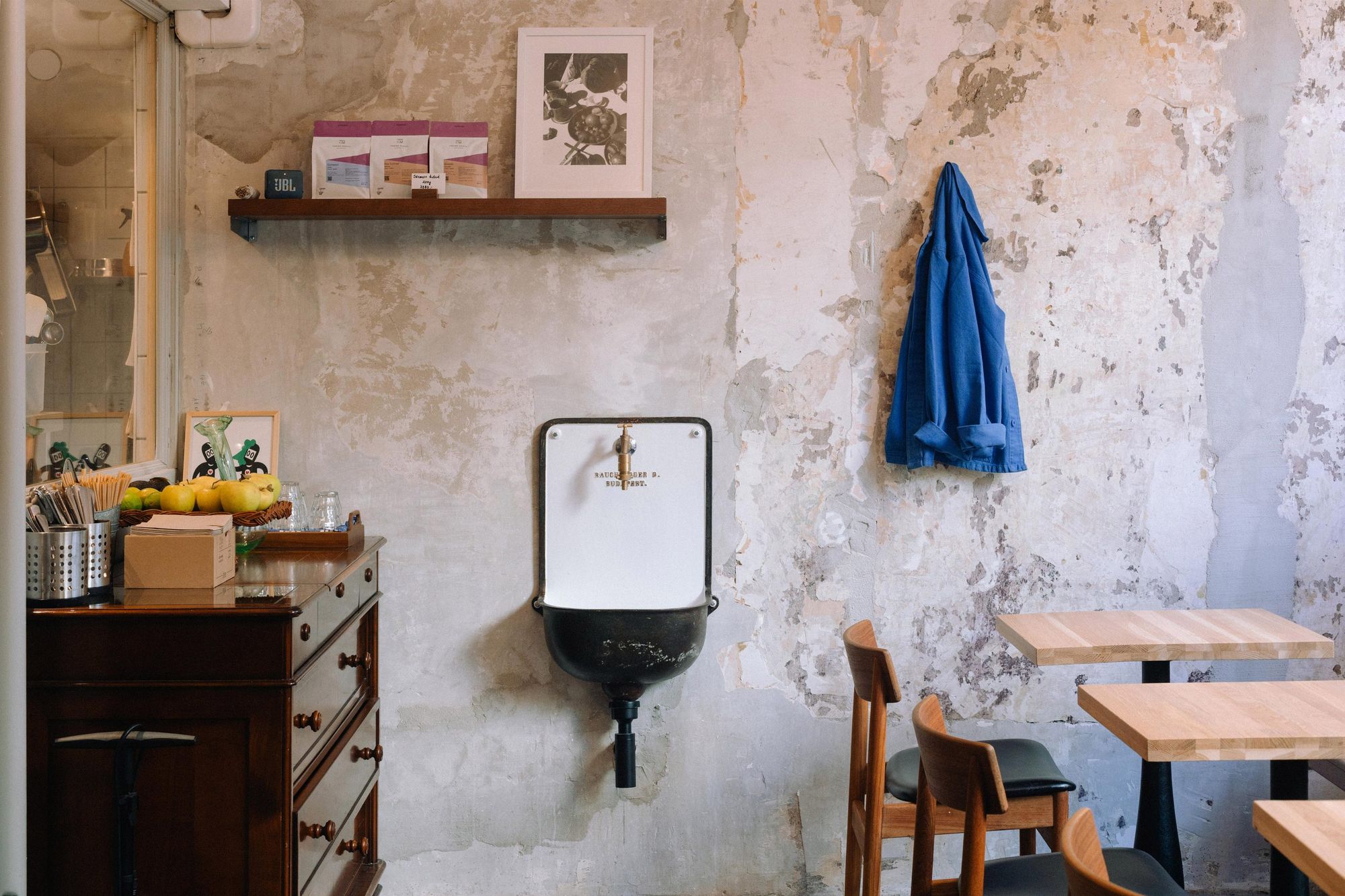
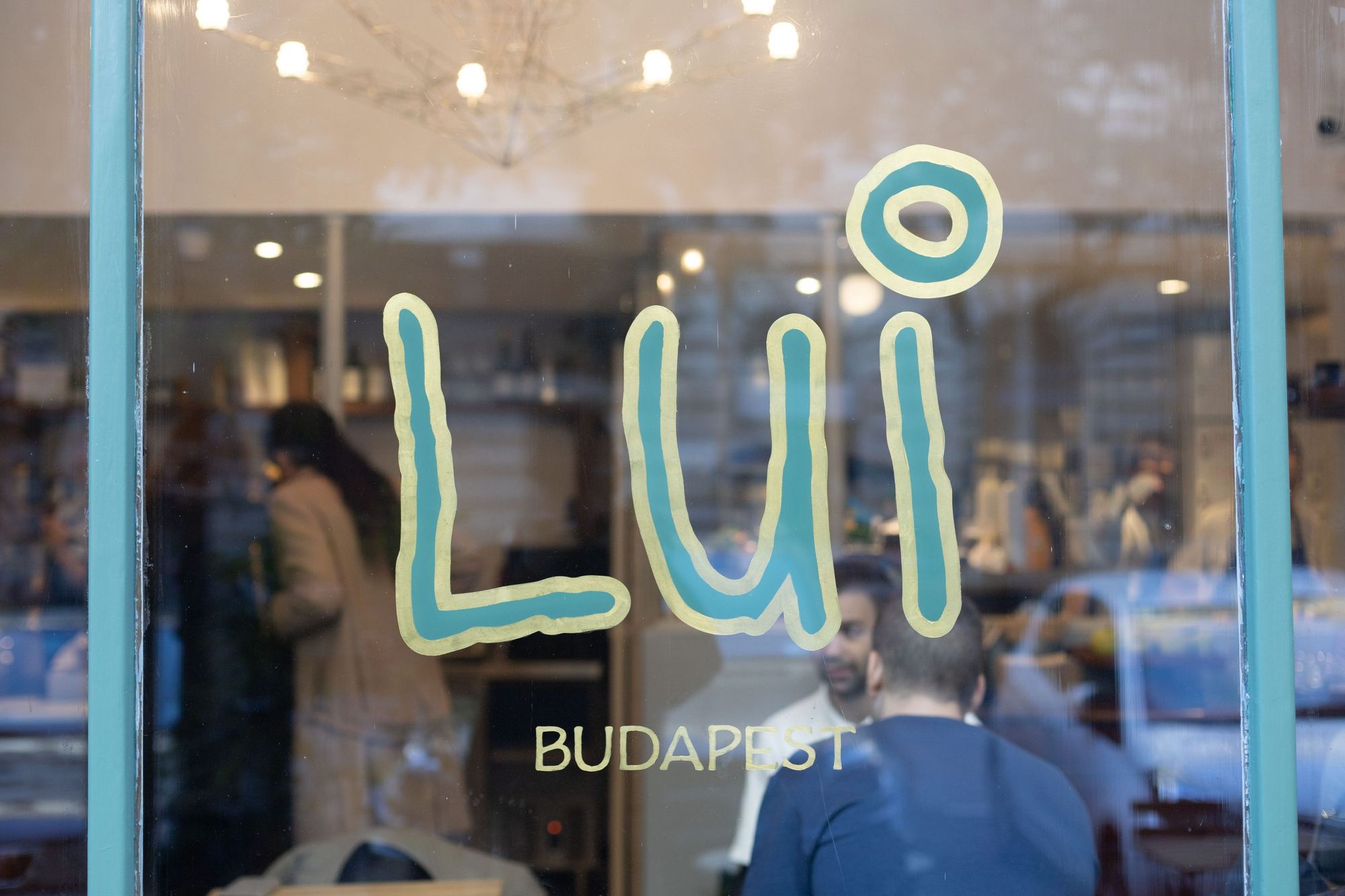
LUI finally opened its green doors a few weeks ago. The location would make it a tourist hunting spot, but it’s not. There were no noisy marketing campaigns or influencers, they just opened quietly. And the guests came, and then they came back. Old and new, the ones who were looking for their old favorite flavors, and the ones who were just in the mood. On the walls, there are traces of the past, the previous painting, old textiles, a chair made by an artisan, but also the present, with the ceramics of Brigi Konda, Viki Hitka and of course themselves. If someone enters the door, there is a good chance that they will stop before the counter, which is changing every minute: one minute they are running out of pistachio brioche, the next they will bring the almost hot croissants on a baking tray. The magic is within reach, where Timi (when she is in Budapest) and Angi make everything, and Orsi works at the counter (as well). The same knowledge, the same expertise as before, but everyone is constantly learning. In addition to the old products such as the spelt cherry galette (which is my personal favorite) and the wonderful tarte tatin, you can also taste the sandwiches (e.g. the mangalica-flavored) that come in dairy-free buns that tell their own story, or croissants with chocolate and gianduja. The experiment is ongoing so that the LUI can get its own character.
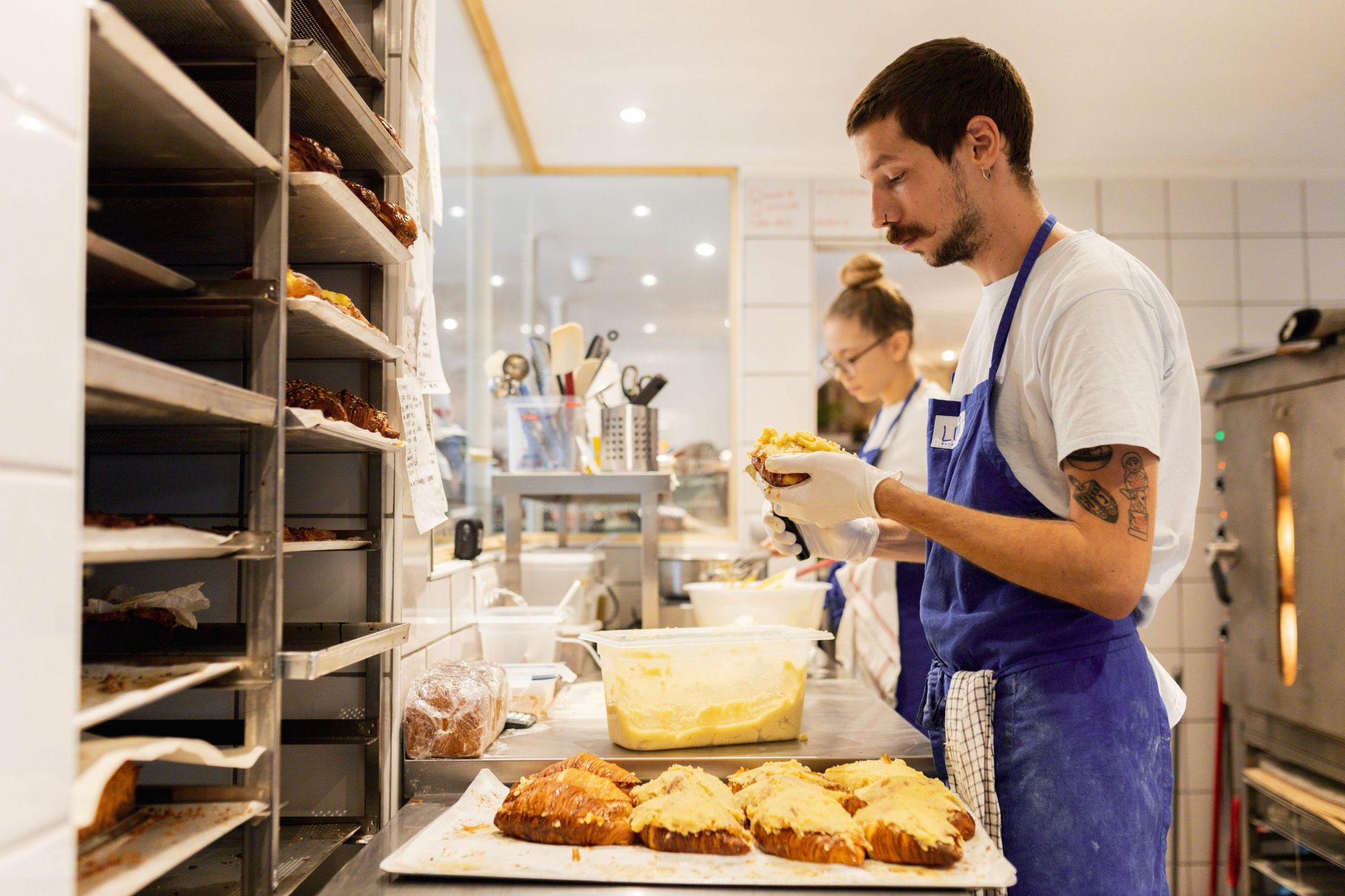
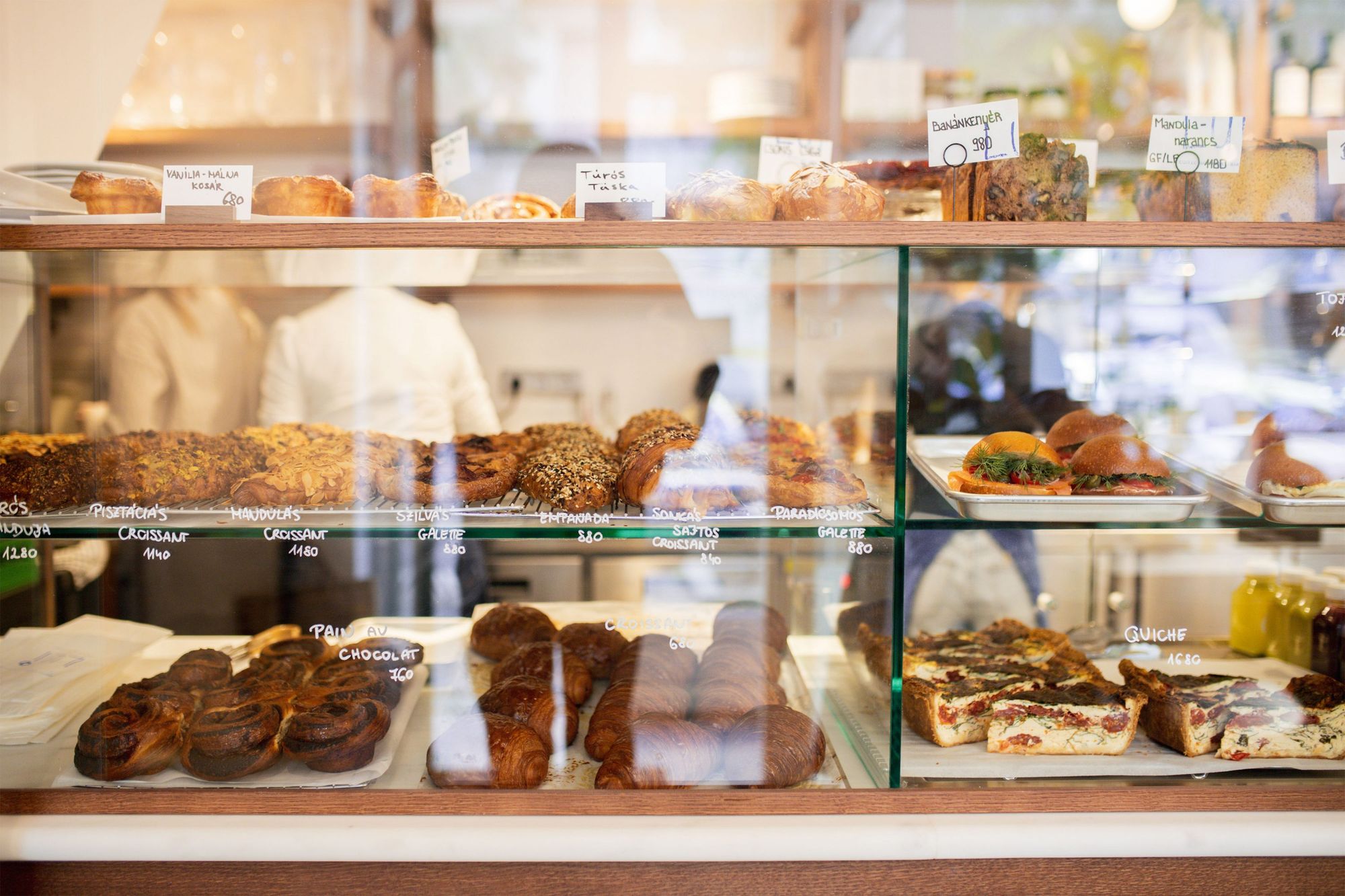
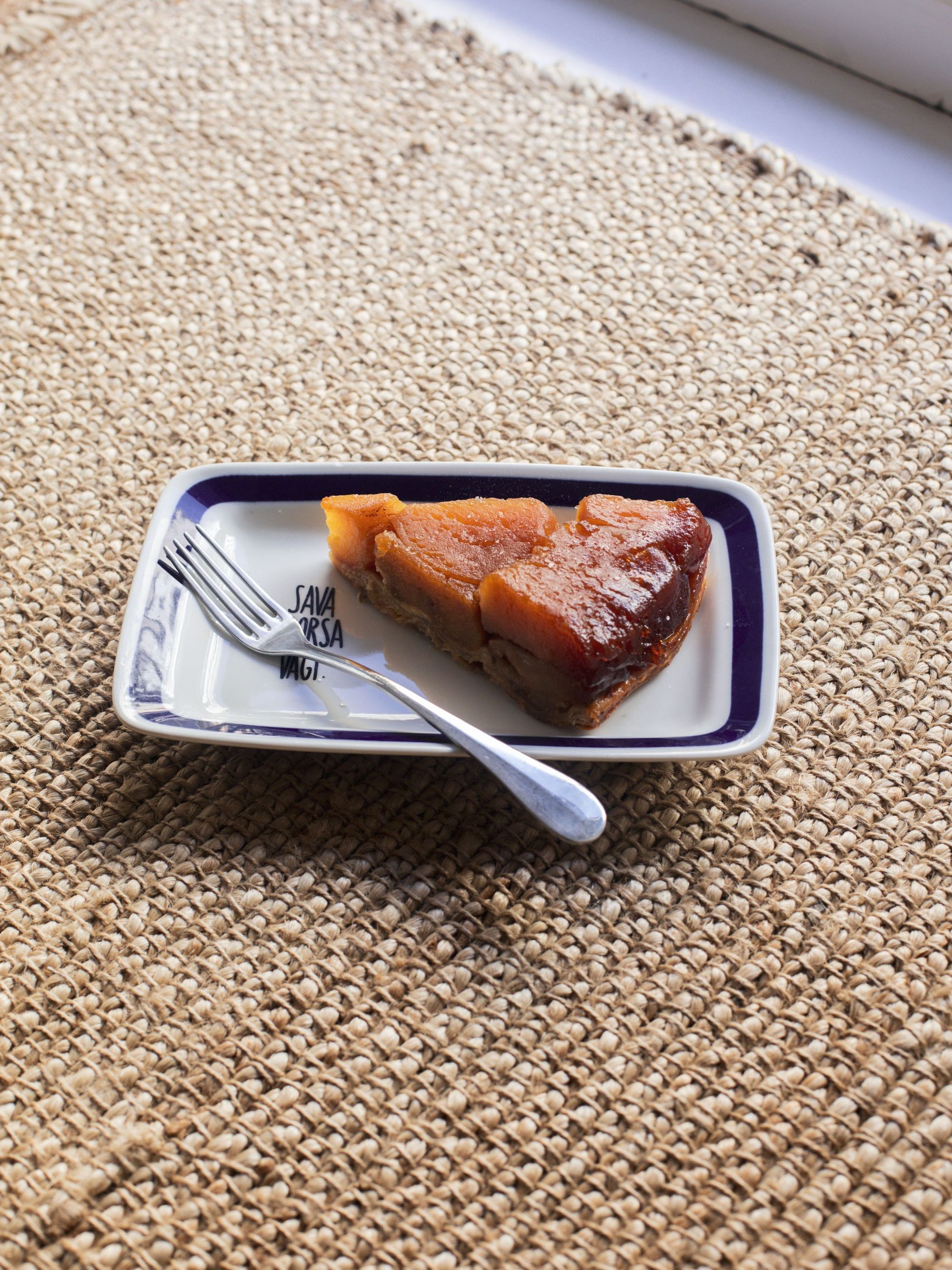
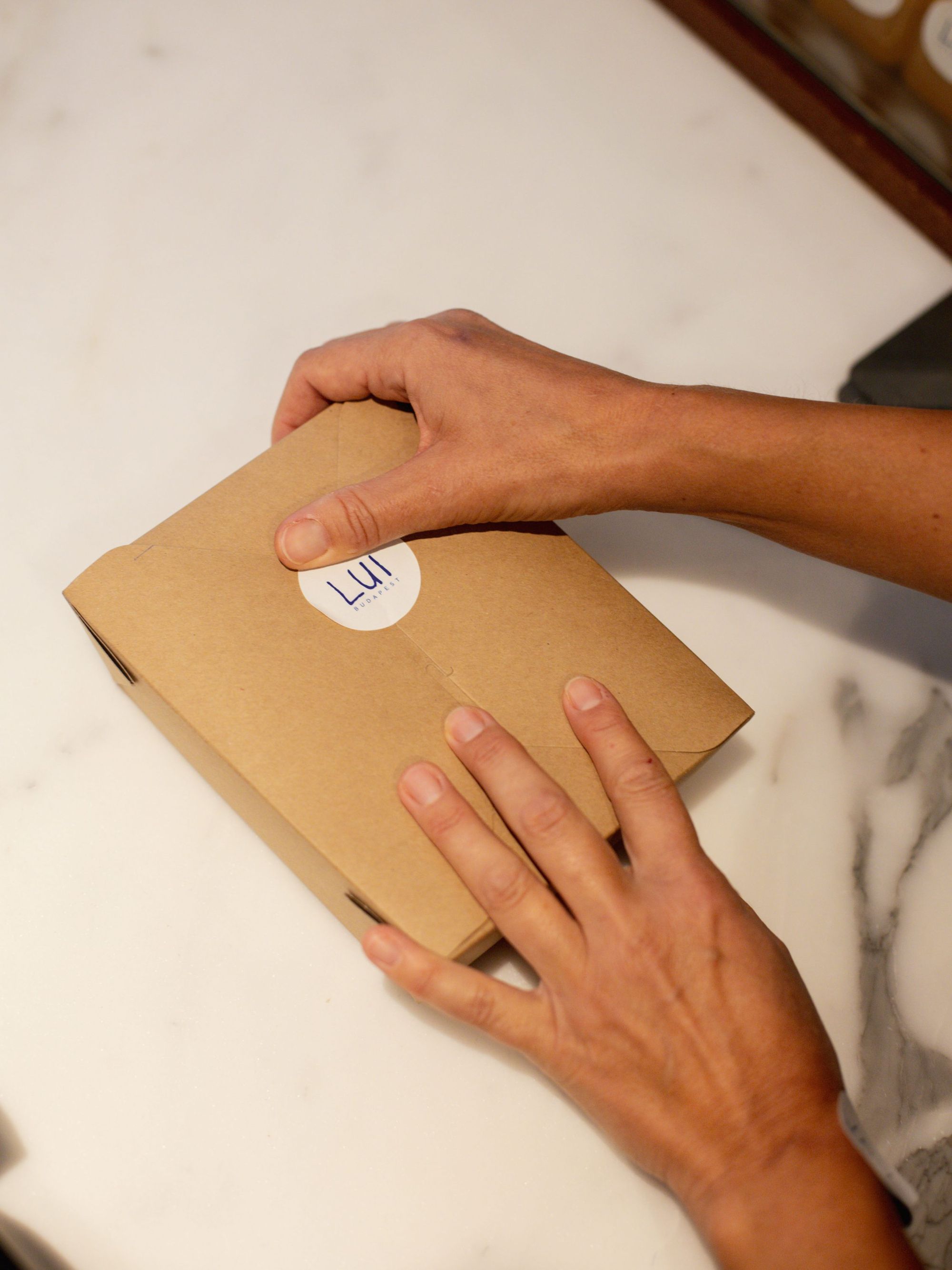
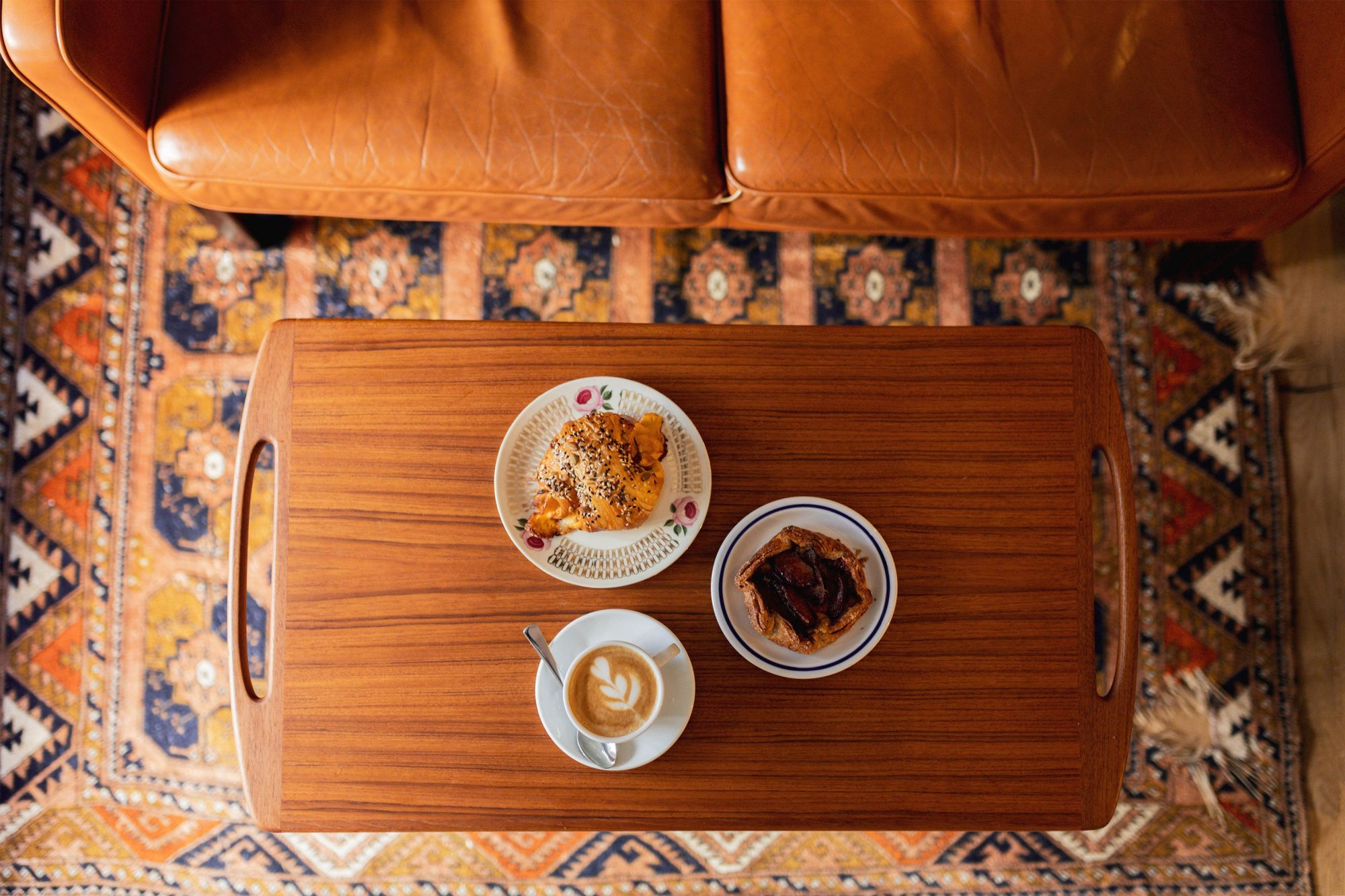
Orsi, Timi and Angi are like three sisters—very similar, yet different. The energy of the three of them meets in the middle. Elles, that is the third person singular feminine pronoun in French, but the name of the place refers to a man. “Lui” is the masculine personal pronoun and it is like they had a child together, and it refers to the name of the street, Lajos. This playfulness can be felt all the time, there is no need to decide which place we stand, because no matter who we are or where we come from, we are welcome here. Many of the regular customers were Americans, who were here because of the film shoots and diplomats, but the residents of the district immediately fell in love with the place too. The energy is provided by a La Marzocco machine and a moderately strong Casino Mocca coffee (thanks to the help of expert Szilárd Gréczy), while we relax on the shady terrace or in the quiet gallery. In the LUI, nothing needs to be explained, because everything speaks for itself. And that’s what makes it work.
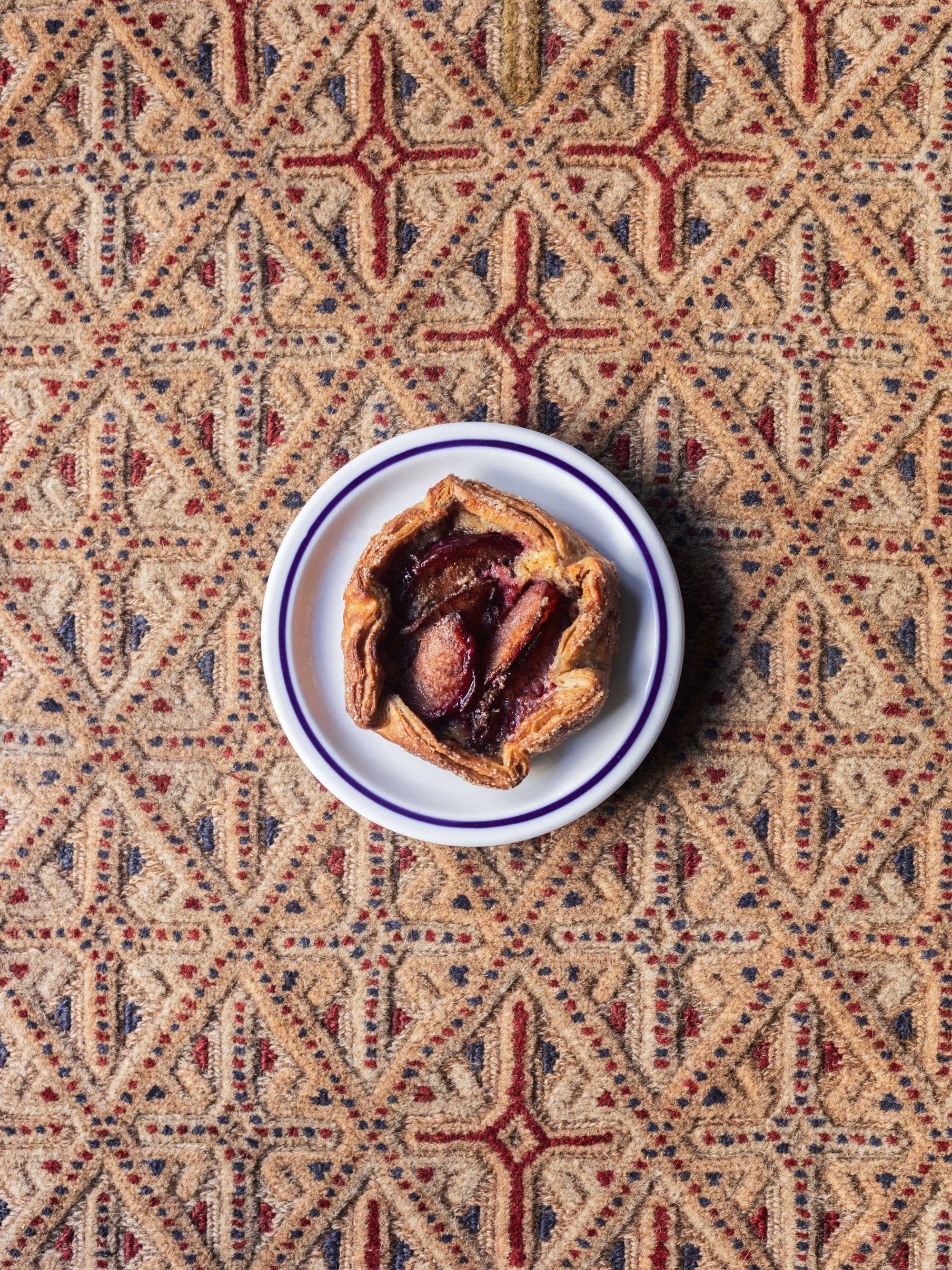
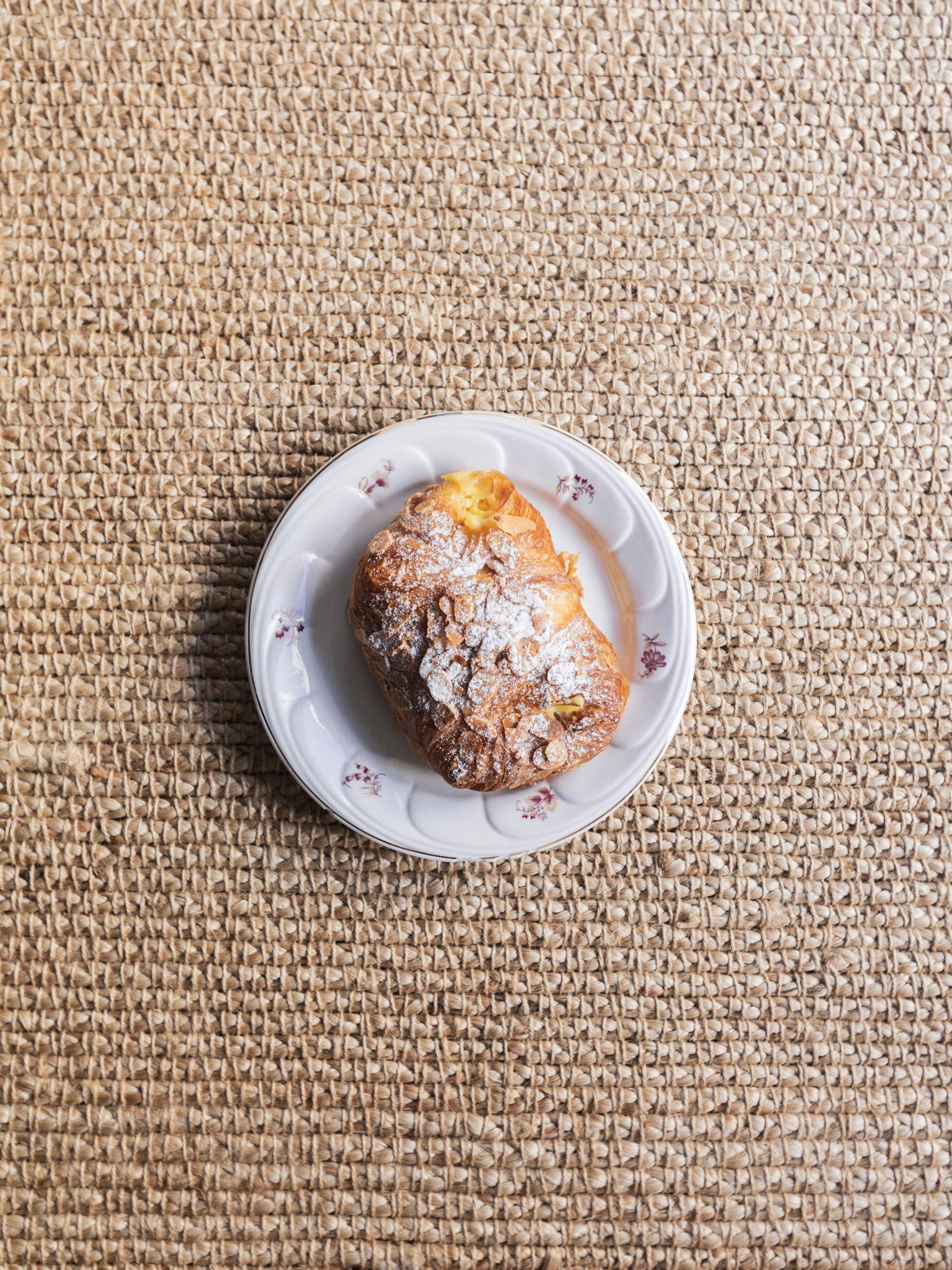
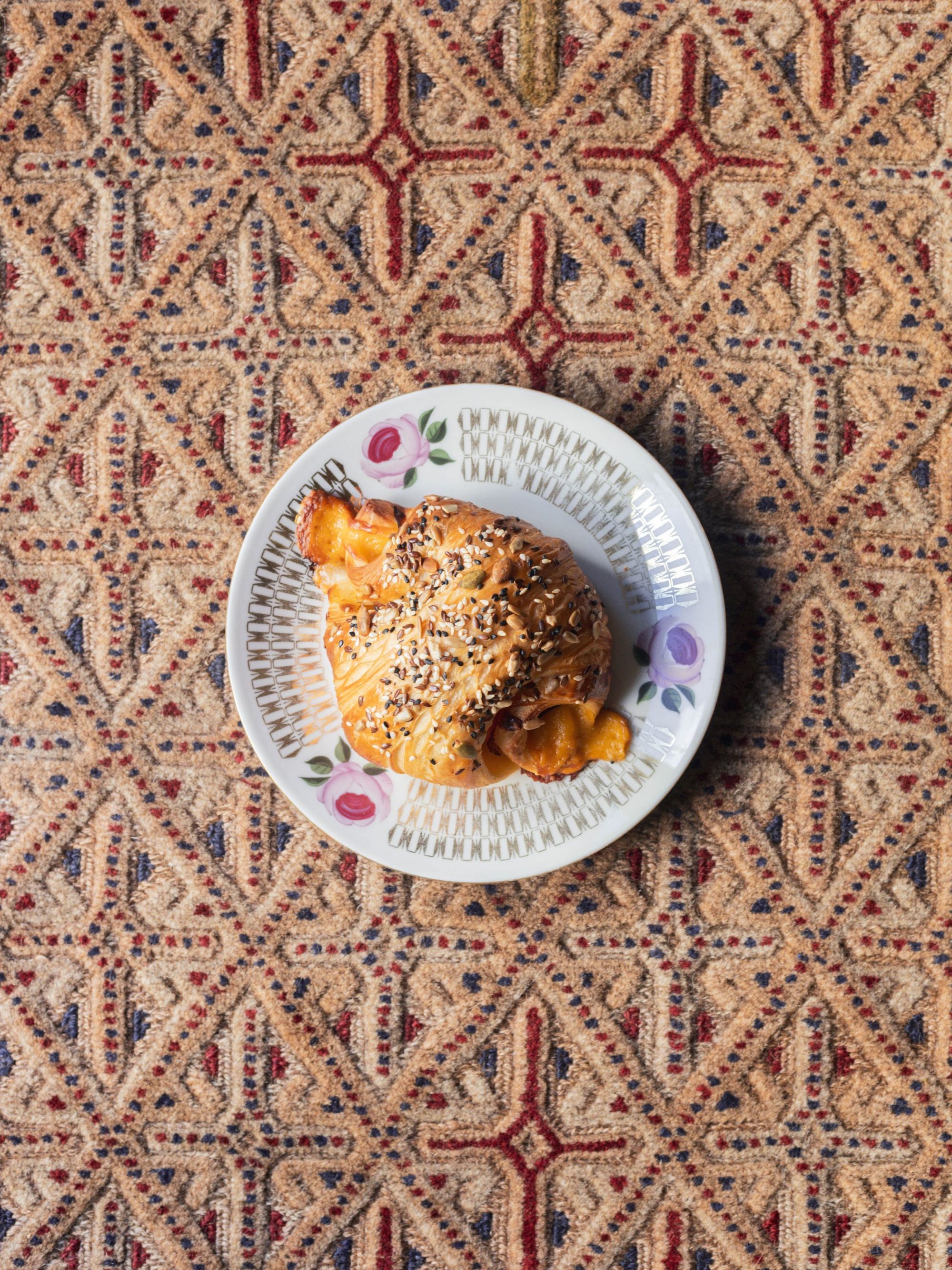
LUI Budapest | Facebook | Instagram
Photos: Dániel Gaál
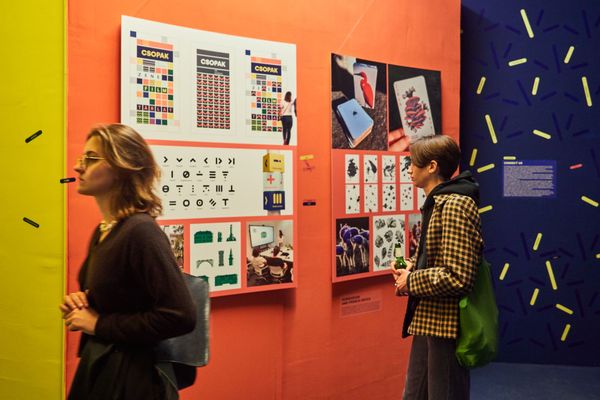
Young Hungarian talents at the Vienna Design Week | Veszprém-Balaton 2023 x METU
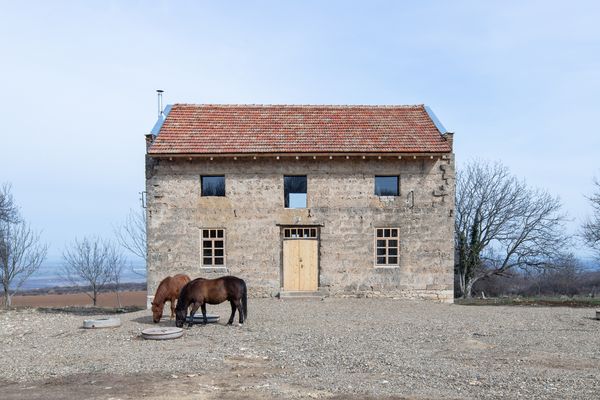
Karpachevo, where a mill is the citadel of culture | studio nada
